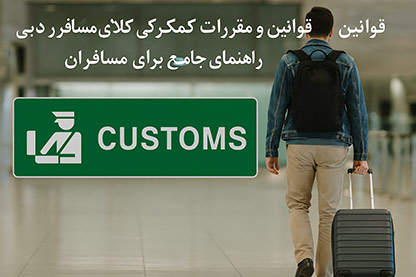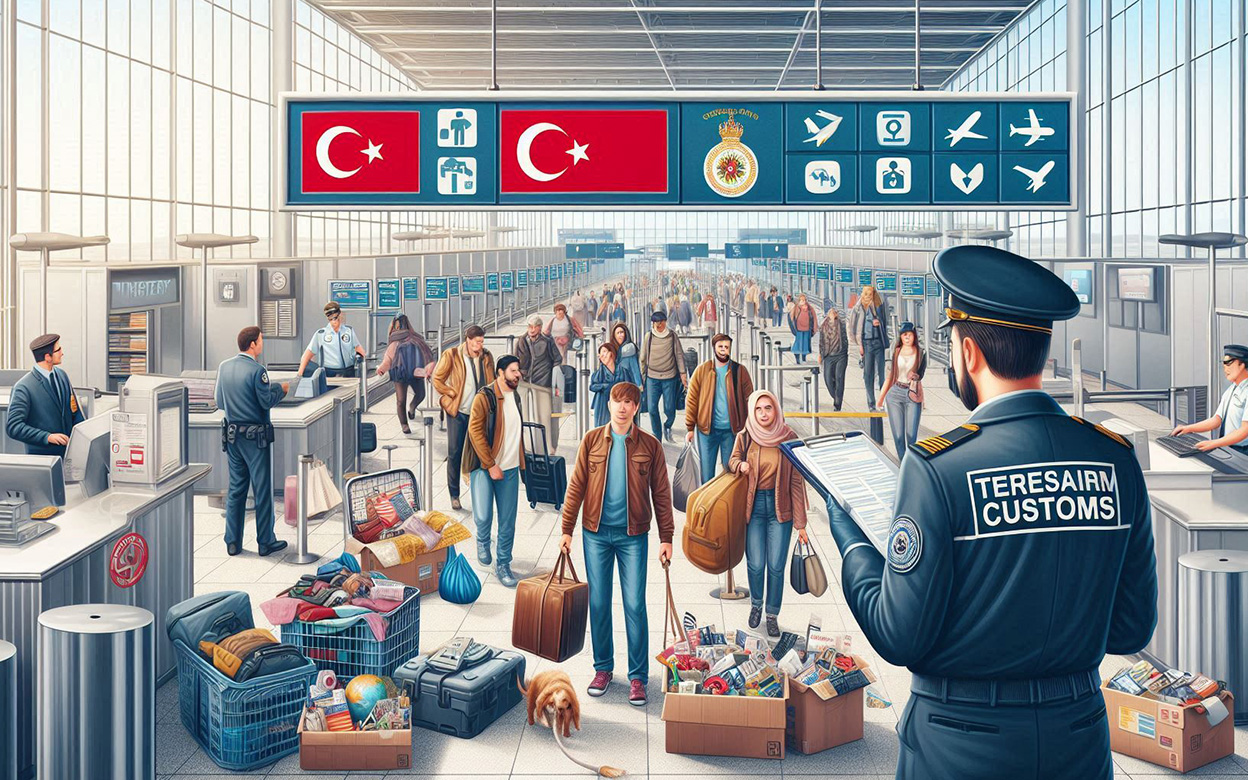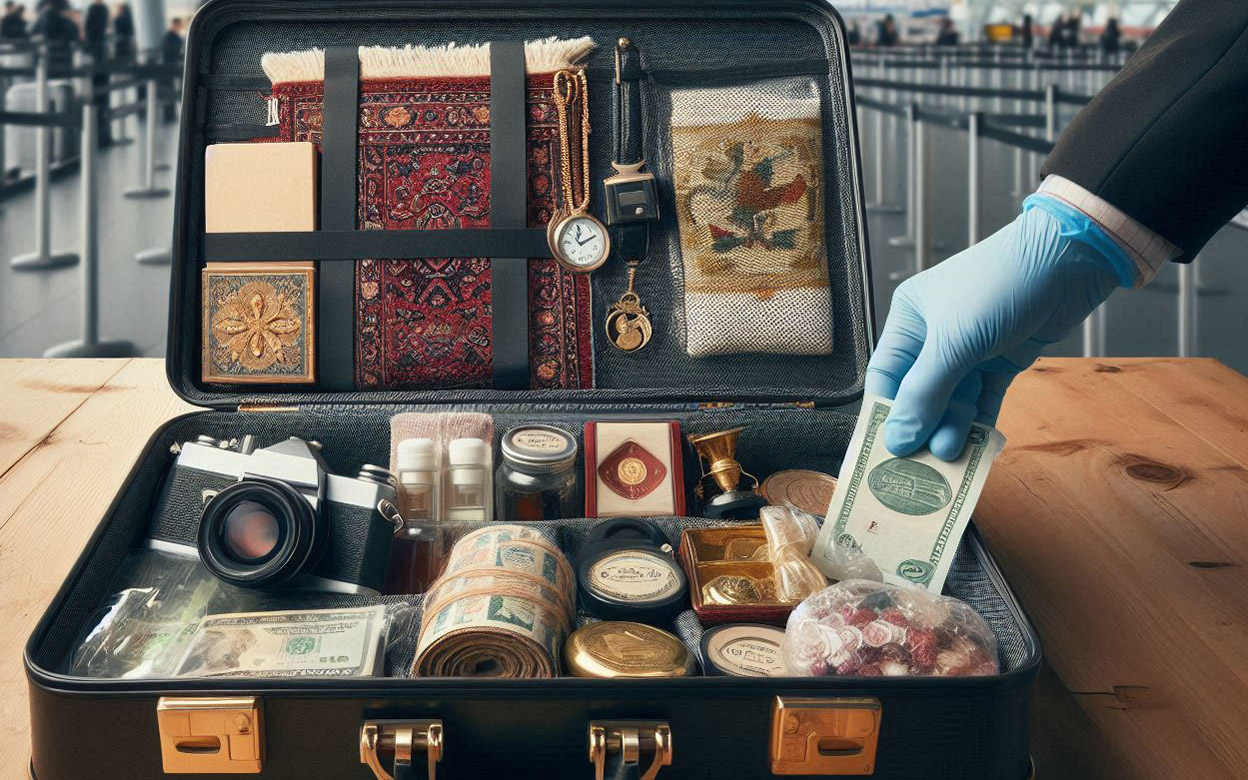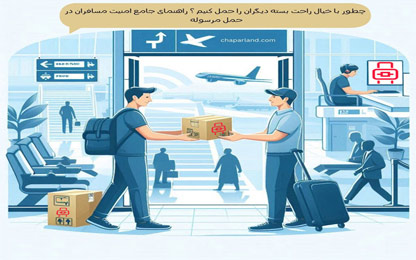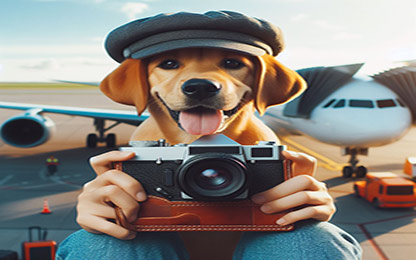Dear users, the only official and legal website of the Chaparland platform is chaparland.ir any other domain using this name is unauthorized and fraudulent.
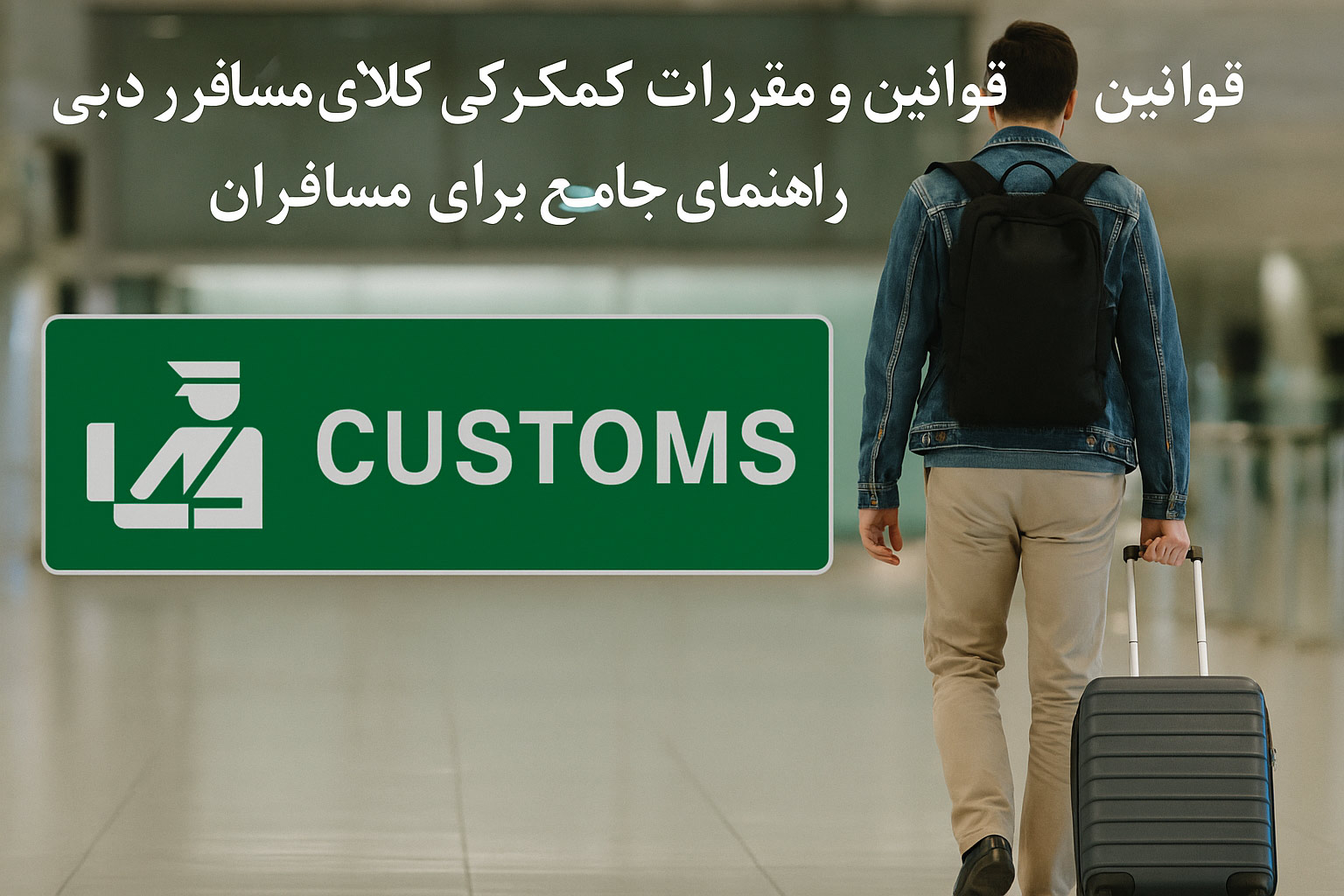
Customs Regulations for Passenger Goods in Dubai
Dubai Customs Regulations for Accompanied Passenger Goods in 2025: A Comprehensive Guide for Travelers
Dubai, as one of the top global tourism and commercial destinations, attracts millions of travelers each year. If you're planning to visit this dazzling city, it's essential to familiarize yourself with Dubai's customs regulations for accompanied passenger goods. These laws help you avoid hefty fines, confiscation of goods, or even legal issues. This in-depth article, exclusively prepared for Chaparland’s blog, thoroughly covers Dubai's updated customs regulations for 2025, following SEO principles. Our goal is to make this guide a go-to reference for all travelers and answer every potential question you might have.
Why Should You Know Dubai’s Customs Laws?
Every country has its own customs regulations, and Dubai, as part of the United Arab Emirates, is no exception. Not knowing these laws can negatively impact your travel experience. From goods being confiscated to financial penalties or even legal prosecution, the consequences of ignorance can be serious. This article will help you travel confidently and avoid potential issues.
Importance of the 2025 Updates
Due to the UAE’s continually evolving customs laws—especially in 2025, when Dubai is set to host numerous international events—being aware of the latest updates is vital. We’ve used reliable and up-to-date sources to provide accurate and practical information.
What Is Considered Accompanied Passenger Goods?
Accompanied passenger goods refer to any items a traveler carries in their suitcase, hand luggage, or on their person. These items are inspected at customs checkpoints in Dubai's airports and ports. It doesn’t matter whether the item is in your carry-on or checked baggage—everything is subject to customs laws.
Types of Accompanied Goods
Personal items: Such as clothing, hygiene products, and personal electronics (laptop, mobile phone).
Gifts and souvenirs: Including perfumes, jewelry, and handicrafts.
Food items: Such as dried fruits, canned goods, and specialty products.
Medicines: Both prescription and over-the-counter drugs.
Commercial goods: Items intended for sale or commercial use (subject to specific rules).
General Customs Laws for Accompanied Goods in Dubai
Dubai Customs has established strict regulations for the import and export of goods. Here are the key points:
1. Duty-Free Allowances for Personal Items
Travelers’ personal belongings are exempt from customs duties if their total value does not exceed 3,000 AED (~$820 USD). This includes:
Gifts and perfumes: Up to the value of 3,000 AED.
Used personal items: Like clothing, shoes, and cosmetics.
Personal electronics: Such as one mobile phone, one laptop, or one camera.
Tip: If you're planning to buy souvenirs in Dubai, make sure the total value stays within the allowed limit to avoid extra customs fees.
2. Currency Limits
Passengers may carry up to 60,000 AED (~$16,350 USD) or its equivalent in other currencies without needing to declare it. For higher amounts, a customs declaration form must be filled out. Failing to declare may result in confiscation and fines.
3. Prohibited Items
Certain items are strictly forbidden in Dubai:
Drugs: Even trace amounts (e.g., in blood samples) can lead to harsh penalties, including up to 4 years imprisonment or death.
Psychoactive medications and restricted drugs: Like codeine or tramadol, unless you have a valid prescription and UAE Ministry of Health approval.
Pornographic materials: Including images, films, and explicit publications.
Weapons and ammunition: Including decorative firearms and knives.
Israeli products: Any goods originating from Israel or bearing Israeli logos.
Banned food products: Such as pork and its derivatives.
Important: The full list of prohibited items is available on the official Dubai Customs website: www.dubaicustoms.gov.ae. Always review it before traveling.
4. Restricted Items
Some goods are allowed with limitations or special permits:
Medications: Must be accompanied by a valid prescription and certified by the UAE embassy in your country. The amount should match your length of stay.
Food items (non-commercial): As per the 2016 UAE Ministry of Health regulations:
| Item | Maximum Allowed |
|---|---|
| Yogurt | 20 kg |
| Oil | 50 liters |
| Vegetables & Fruits | 10 kg |
| Dates | 100 kg |
| Sweets & Bread | 10 kg |
| Grains & Red Meat | 30 kg |
| Fish & Seafood | 10 kg |
| Caviar | 500 grams |
| Eggs | 11 kg (health cert. required) |
| Honey | 20 kg |
| Saffron | 500 grams |
| Canned Food | 25 kg |
Cigarettes and tobacco: Travelers over 18 years can bring up to 400 cigarettes, 50 cigars, or 500 grams of tobacco. E-cigarettes are allowed, but the liquids may be inspected.
Alcohol: Non-Muslim travelers over 21 years can bring up to 4 liters of alcohol or 24 cans of beer. However, public consumption is strictly prohibited. In Sharjah, alcohol is completely banned.
Tip: To avoid customs issues, prepare a checklist of permitted food items before traveling to Dubai and avoid carrying restricted goods.
5. Pet Regulations
Bringing pets into Dubai requires prior approval from the UAE’s Ministry of Climate Change and Environment. Required documents:
Health certificate: Issued by a licensed veterinarian.
Pet passport: Including vaccination records.
Microchip: For pet identification.
Pet food (like cat or dog food) is generally prohibited unless you have a special permit.
Customs Rules for Exporting Goods from Dubai
If you're taking goods back to your home country (like Iran), you must follow both UAE and destination country customs laws. Key points:
1. Permissible Export Goods
Purchased items: Clothing, jewelry, electronics (non-commercial quantities).
Carpets and handicrafts: Within non-commercial limits.
Dried fruits and saffron: Small quantities allowed.
2. Export Limitations
Saffron: Maximum 500 grams per traveler.
Gold and jewelry: Invoices required, and must not be commercial in nature.
Antiques: Export of archaeological or cultural artifacts is strictly prohibited.
3. Declaration of Expensive Goods
For high-value items like jewelry or professional camera gear, it’s recommended to declare them upon arrival in Dubai to avoid issues upon departure.
Special Notes for Iranian Travelers
Iranian travelers returning from Dubai must also comply with Iran’s 2025 customs laws:
Duty-Free Allowance: Up to $80 per year for non-commercial goods.
Customs duties: For items worth $80–$160, duties and double commercial profits apply.
Prohibited goods: Alcohol, narcotics, and items against religious or national norms.
Mobile phones: Each traveler may import one phone, which must be registered in Iran.
Example: If you buy an iPhone 16 Pro worth $1,000 in Dubai, you’ll have to pay customs and VAT upon arrival in Iran—potentially up to 35% of the phone’s value.
FAQ – Common Questions from Travelers
1. Can I bring dietary supplements from Dubai to Iran?
Yes, for personal use, but in limited quantities and with proof of purchase. In Iran, they may be treated as commercial goods.
2. Do I have to pay customs for a laptop or camera?
In Dubai, one personal laptop or camera is duty-free. In Iran, you’re allowed up to $80 worth of goods duty-free—above that, customs charges apply.
3. How much gold can I bring from Dubai?
You may bring a non-commercial amount in Dubai. In Iran, up to 150 grams of gold jewelry is duty-free; beyond that, duties apply.
4. Can I bring homemade food to Dubai?
Only in small quantities within the specified limits. Avoid foods with pork, alcohol, or unverified health standards.
